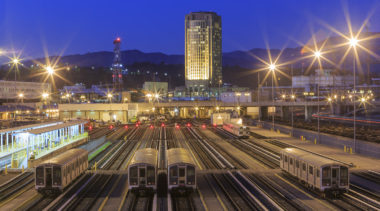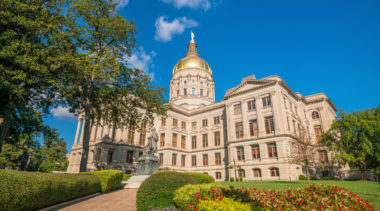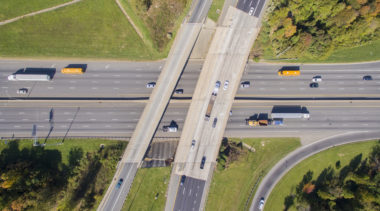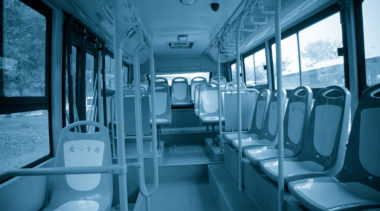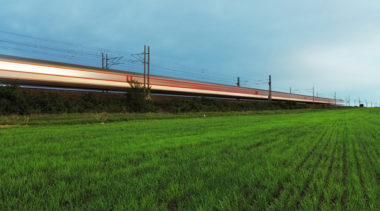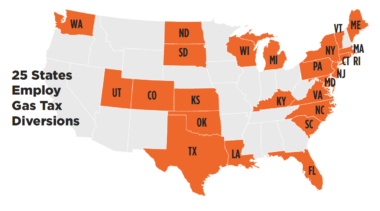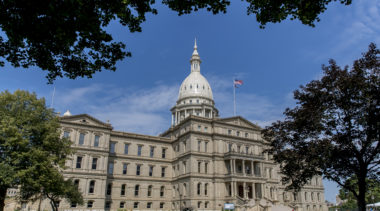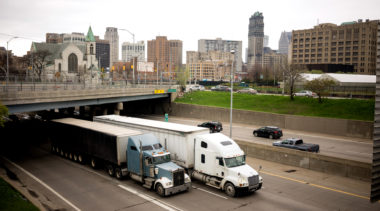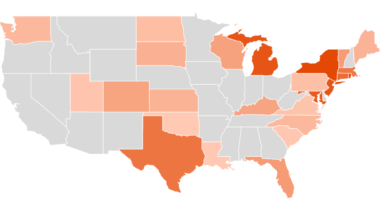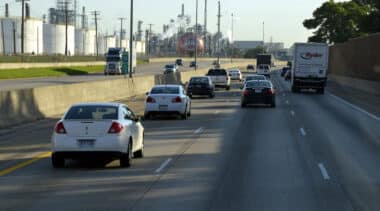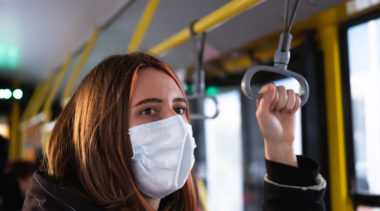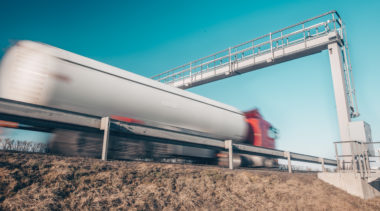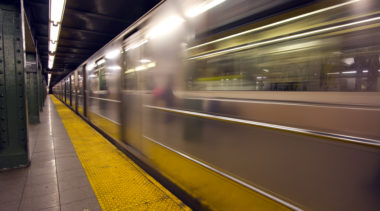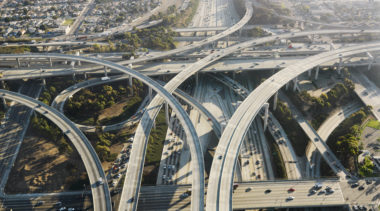Baruch Feigenbaum is senior managing director of transportation policy at Reason Foundation.
Feigenbaum has a diverse background researching and implementing transportation issues including revenue and finance, public-private partnerships, highways, transit, high-speed rail, ports, intelligent transportation systems, land use, and local policymaking. Prior to joining Reason, Feigenbaum handled transportation issues on Capitol Hill for Rep. Lynn Westmoreland.
Feigenbaum is a member of the Transportation Research Board Bus Transit Systems and Intelligent Transportation Systems Committees. He is vice president of programming for the Transportation and Research Forum Washington Chapter, a reviewer for the Journal of the American Planning Association (JAPA), and a contributor to Planetizen. He has appeared on NBC Nightly News and CNBC. His work has been featured in the Washington Post, The Wall Street Journal and numerous other publications.
Feigenbaum earned his master's degree in Transportation Planning with a focus in engineering from the Georgia Institute of Technology.
-
Austin’s Voters Chose a Bad Time To Approve Costly New Rail Lines
The voter-approved Proposition A permanently increases the city’s property tax rate to fund a $7.1 billion mass transit system.
-
Los Angeles Metro’s Long-Term Plan Doesn’t Effectively Improve Transportation or Plan for Future
In 2019, fewer than 5 percent of LA commuters used mass transit. Yet, Metro's plan spends $80 billion on new transit capital construction.
-
Georgia Ballot Initiative Analysis: Amendment 2 (2020)
Georgia's Amendment 2 would waive the state’s sovereign immunity laws, thus allowing residents to sue state or local governments if they believe a state or local law is unconstitutional.
-
Georgia Ballot Initiative Analysis: Amendment 1 (2020)
Georgia's Amendment 1 would dedicate all taxes or fees to the specific program or purpose to which the taxes or fees were imposed.
-
Congress Needs to Get Serious About Enabling Tolling So States Can Rebuild Highways
Congress should unlock an important funding option that can be implemented with some common-sense guardrails to protect taxpayers.
-
How Contracting Improves the Service Quality and Accountability of Mass Transit
Contracting deploys a robust set of tools to improve the service quality of mass transit systems.
-
How Transit Systems Can Provide Cost-Effective, High-Quality Paratransit Services
People with disabilities use transit seven times as much as the general population.
-
Private Buses and Jitneys Are Trying to Fill a Market Need
Private jitney buses in New Jersey are cheaper, faster and more accessible than public transit for some communities.
-
COVID-19 And Soaring Costs Are New Challenges for Texas High-Speed Rail Line
If Texas Central chooses to move ahead with this high-speed rail project, lawmakers and taxpayers should ensure it does not receive stimulus funding.
-
The State Gas Tax Money That Is Diverted Away From Roads and Highways
Half of the states divert state fuel taxes to pay for expenses unrelated to roads, including money shifted to law enforcement, education, tourism, environmental programs and more.
-
Michigan Enacts Comprehensive Tolling Study
The law could provide a long-term solution to funding and modernizing Michigan’s highways, which are in poor condition
-
Michigan Moves to Study Interstate Tolling As Way to Improve Highways
Tolling study should lead Michigan to develop sustainable funding streams for the highway infrastructure the state needs.
-
How Much Gas Tax Money States Divert Away From Roads
Examining the percentage of state gas tax revenue that is allocated for expenses unrelated to roads, including money shifted to law enforcement, education, tourism, environmental programs and more.
-
Testimony: Tolling Could Improve Michigan Infrastructure
Michigan’s Interstates and freeways are generally in very poor condition.
-
In Coping With the Coronavirus Pandemic, Mass Transit Agencies May Need to Reinvent Themselves
Transit ridership had been declining for several years before coronavirus, and now the pandemic promises to challenge these systems for months to come, if not permanently.
-
Annual Privatization Report 2020 — Surface Transportation
Examining trends and developments in public-private partnerships for surface transportation projects.
-
The CARES Act Funding for Transit Needs Oversight to Prevent Waste and Abuse
Congress has provided transit agencies with a massive windfall during the coronavirus pandemic, it now needs to conduct vigorous oversight of that spending.
-
Infrastructure Stimulus Hasn’t Worked In The Past and Won’t Work Now
President Trump’s call for a $2 trillion infrastructure stimulus bill is not a strategic infrastructure plan.


